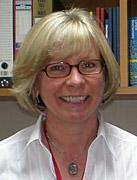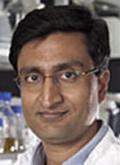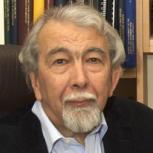Biomedical research gives scientists the platform to create sophisticated new drugs that will act with great precision. Research into monoclonal antibodies - discovered in Cambridge by George Kohler and Cesar Milstein - has revolutionised treatments for cancer. These are the so-called 'next generation' treatments for life-threatening conditions. An explosion in understanding of the molecular circuits controlling normal and diseased cells has identified many potential targets for the latest medicines. A multidisciplinary initiative, the Cambridge Molecular Therapeutics Programme (CMTP), directed by Professors Ashok Venkitaraman and Tom Blundell, seeks to pioneer methods for the discovery and development of next-generation drugs. CMTP brings together expertise in physical, chemical and biomedical sciences to develop novel approaches to drug discovery. The programme welcomes partnerships with commercial collaborators.



